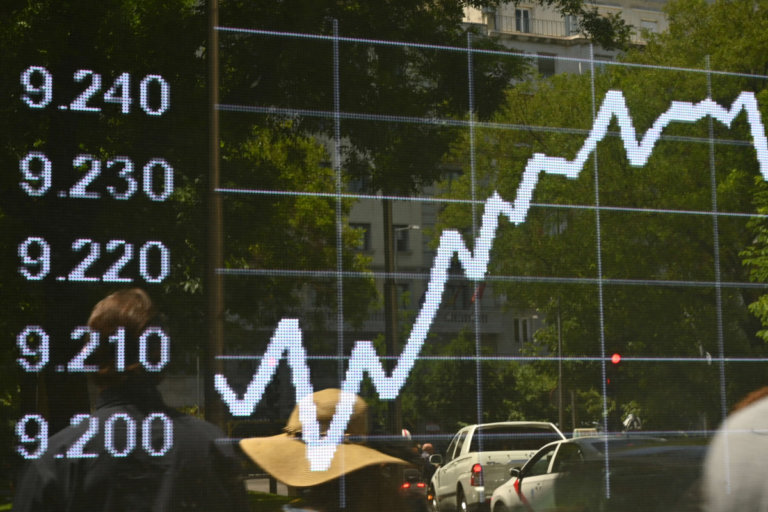
After years of consideration, the University of Pennsylvania (UPenn) will reclassify the economics major as a science, technology, engineering, and mathematics (STEM) major in spring 2021. This would allow international economics graduates to apply for an extra two years under the Optional Practical Training (OPT) programme, thus increasing their chances of obtaining a subsequent non-immigrant H-1B skilled worker visa.
The announcement was made via e-mail from Economics Department Undergraduate Chair Francis Diebold. “Many of the standard Penn job opportunities are things like two or three-year training programmes or analyst positions, which require upfront a multi-year commitment,” Diebold says. He adds that the visa extension for STEM graduates would allow international graduates to become more competitive and flexible.
According to The Daily Pennsylvanian, this reclassification gained popularity following the Department of Homeland Security’s inclusion of “Econometrics and Quantitative Economics” in the list of STEM-designated degree programmes in 2012.
How is an economics major considered STEM?
UPenn will carry out this reclassification under the new STEM federal Classification of Instructional Programmes code. It reflects the economics program’s increased emphasis on statistical and mathematical methods, which include two semesters of calculus, one semester of statistics, and one semester of econometrics. International students who wanted to major in economics but still qualify for the three-year OPT were previously advised to study Mathematical Economics instead, as it had already been recognised as a STEM programme.
The Economics Department is located in the UPenn’s School of Arts and Sciences, which is among the top ten in the US. It is also among the most popular undergraduate programmes at the university. Prior to this, UPenn reclassified Business Economics and Public Policy, Behavioral Economics, and Mathematical Economics as STEM majors. “Econ is, in my opinion, as rigorous as those, and it didn’t make sense not to make it a STEM major,” opines Economics Senior Lecturer and Director of Macroeconomic Principles Luca Bossi.
The Daily Pennsylvanian also reports that UPenn is the last Ivy League institution to classify economics under STEM. The news was welcomed by professors and international students, particularly those who have had to shelve their plan to major in economics so they would qualify for a STEM OPT.










